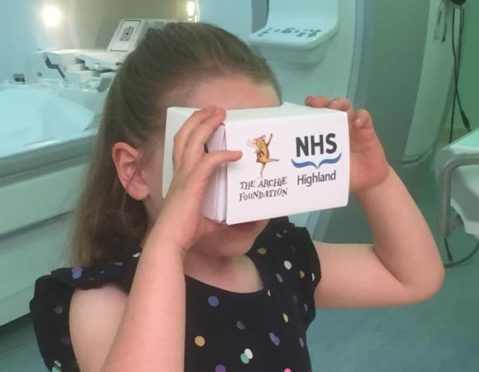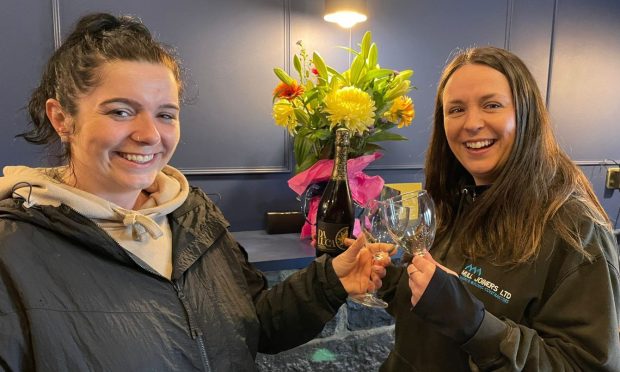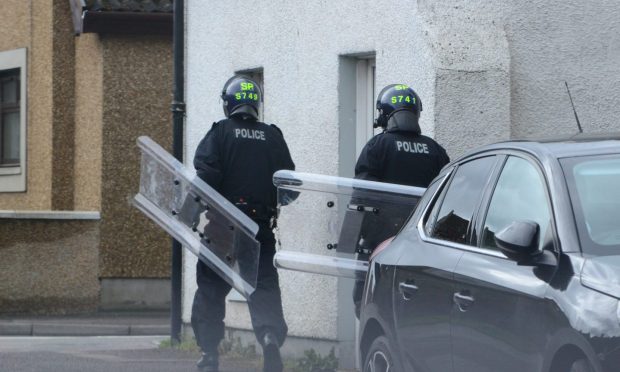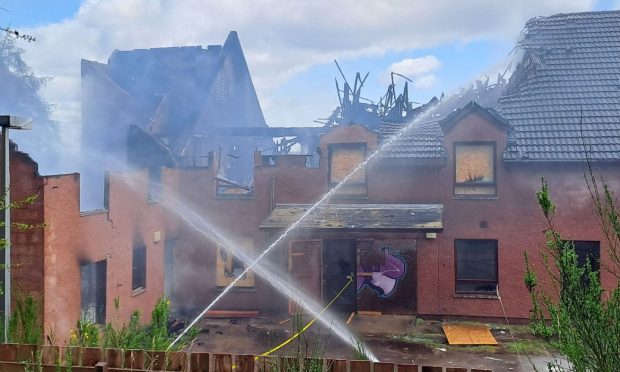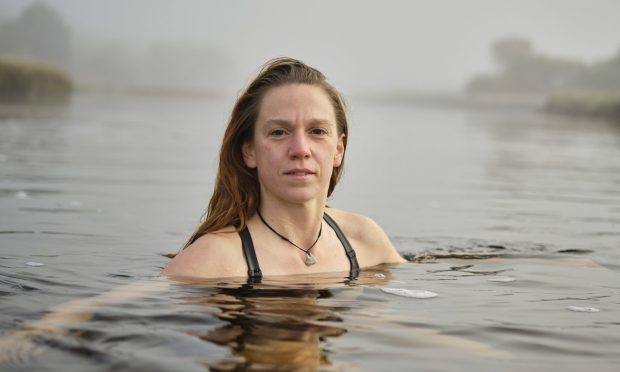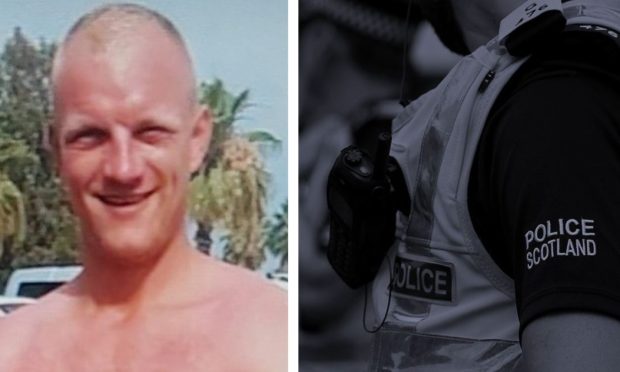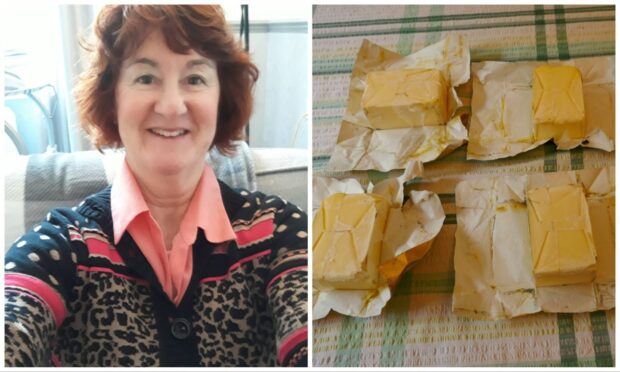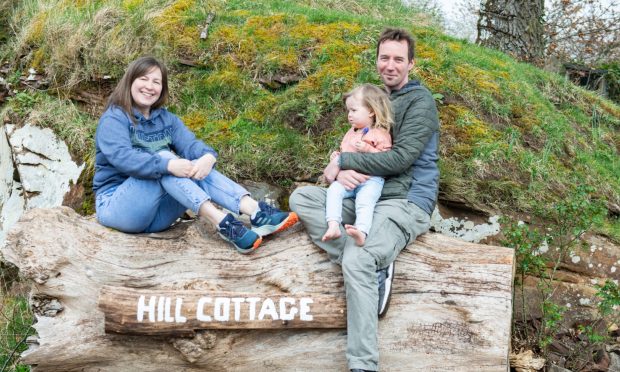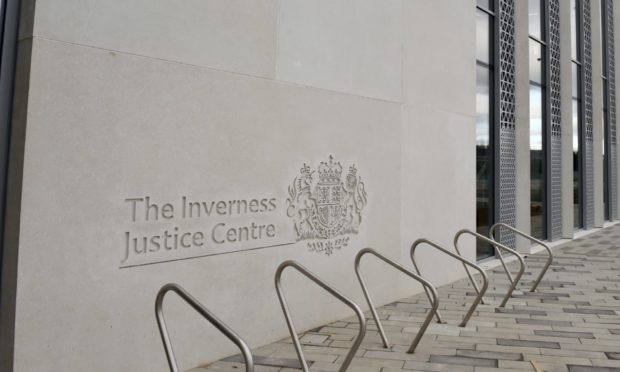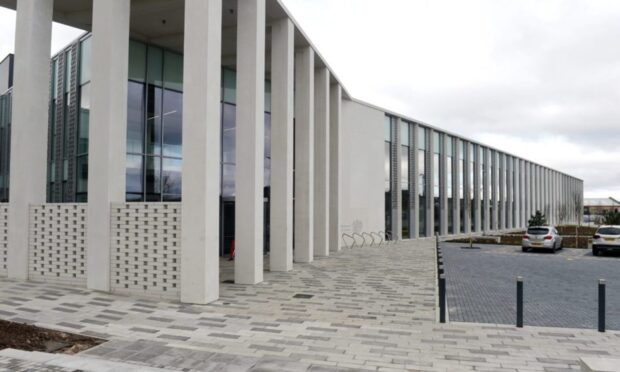As part of an innovative solution to ease patients’ experience when undertaking MRI scans, NHS Highland is currently working in partnership with NHS Education for Scotland (NES) to utilise virtual reality (VR) to familiarise patients with the noise of MRI scanners.
The project comes on the back of a successful trial of the VR scheme across NHS Highland, where children who were scheduled to use the MRI scanner were given headsets prior to their appointment date.
Dr Jonathan Ashmore, clinical scientist at NHS Highland, said: “The claustrophobic and noisy environment of MRI can be difficult for some patients to tolerate. This can lead to decreased image quality or the scan needing to be stopped, which in turn results in delays to patient care and the need to re-do the scan under sedation or general anaesthetic.”
Funding for the implementation of the project has been granted by independent charity The Health Foundation as part of their Innovating for Improvement programme, which supports ideas that look to improve the delivery of health and social care.
Sarah Henderson, assistant director of Improvement Programmes at The Health Foundation, said: “We’re excited to support this project, one of 23 that have been developed by frontline teams to improve health and social care across the UK.
“We are looking forward to working with the teams to develop their innovative ideas, put them into practice, and gather evidence about how their projects are improving care for patients.”
Hundreds of adult patients are unable to complete MRI scans each year due to claustrophobia, with the VR project hoped to reduce the need for scans to be delayed or repeated.
